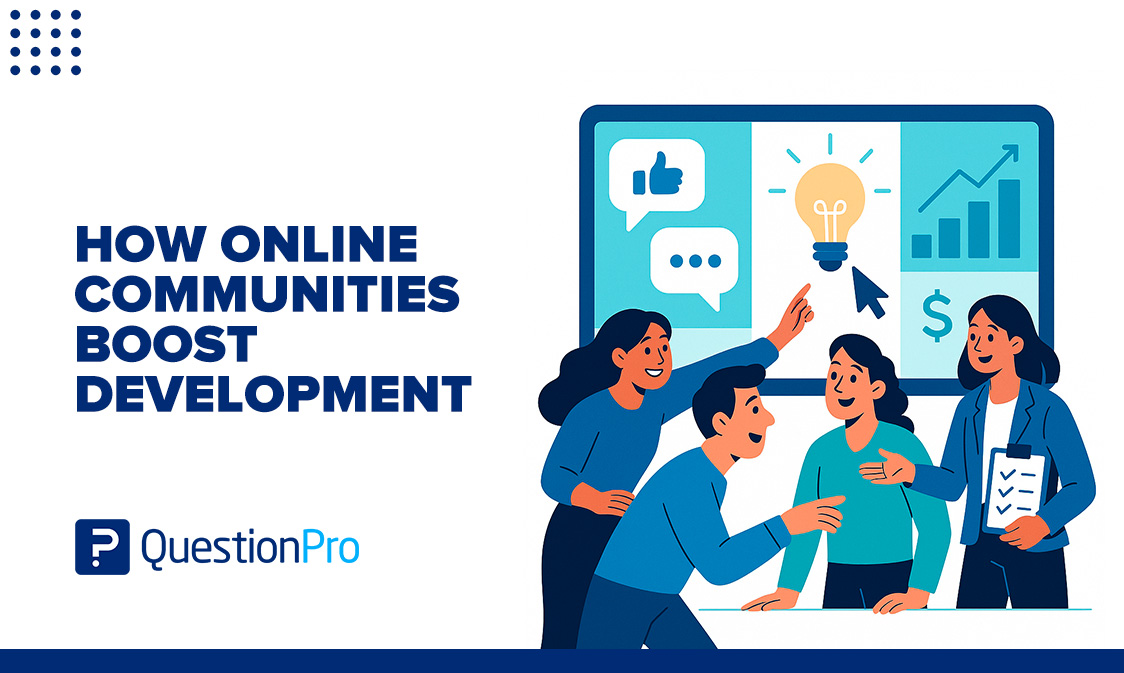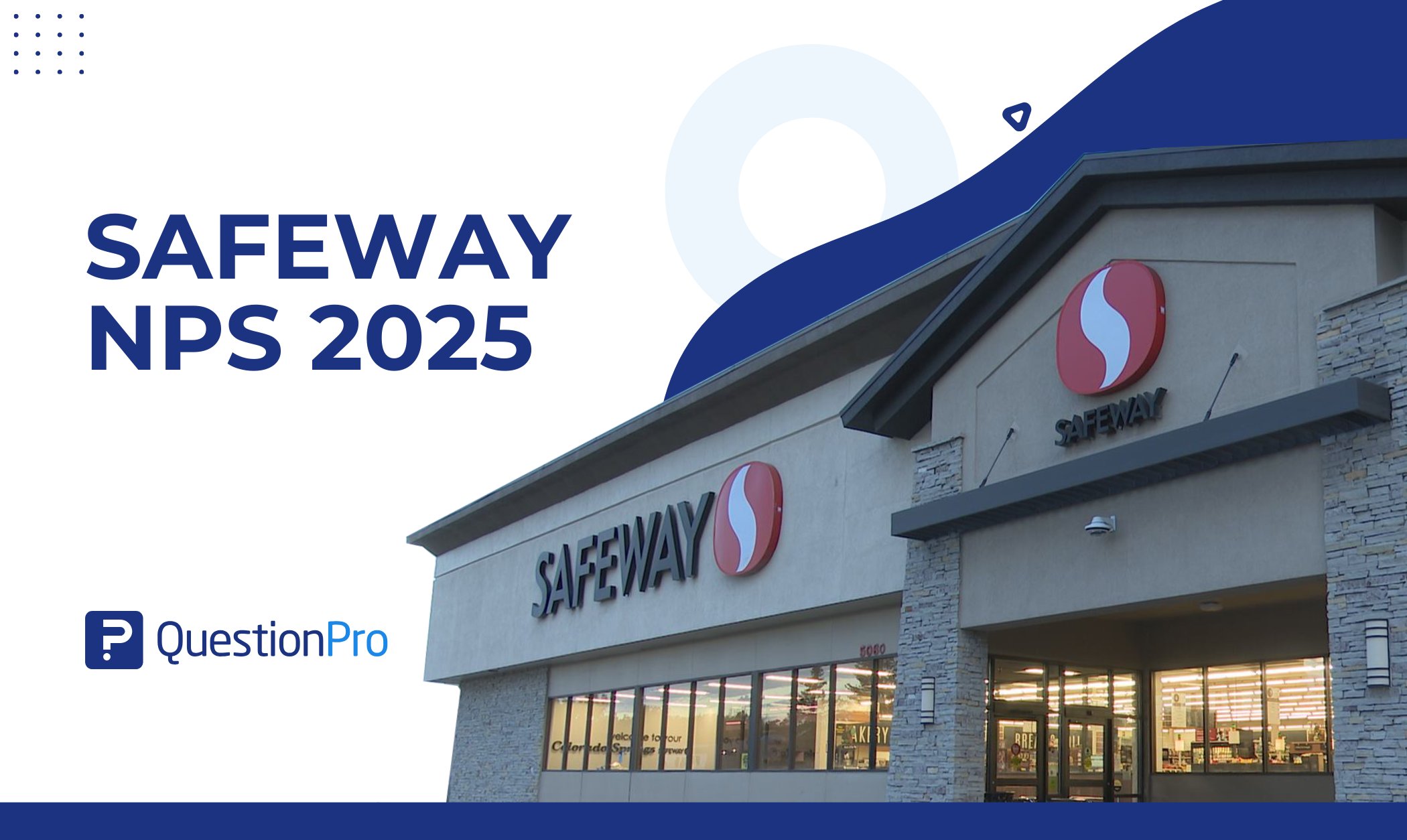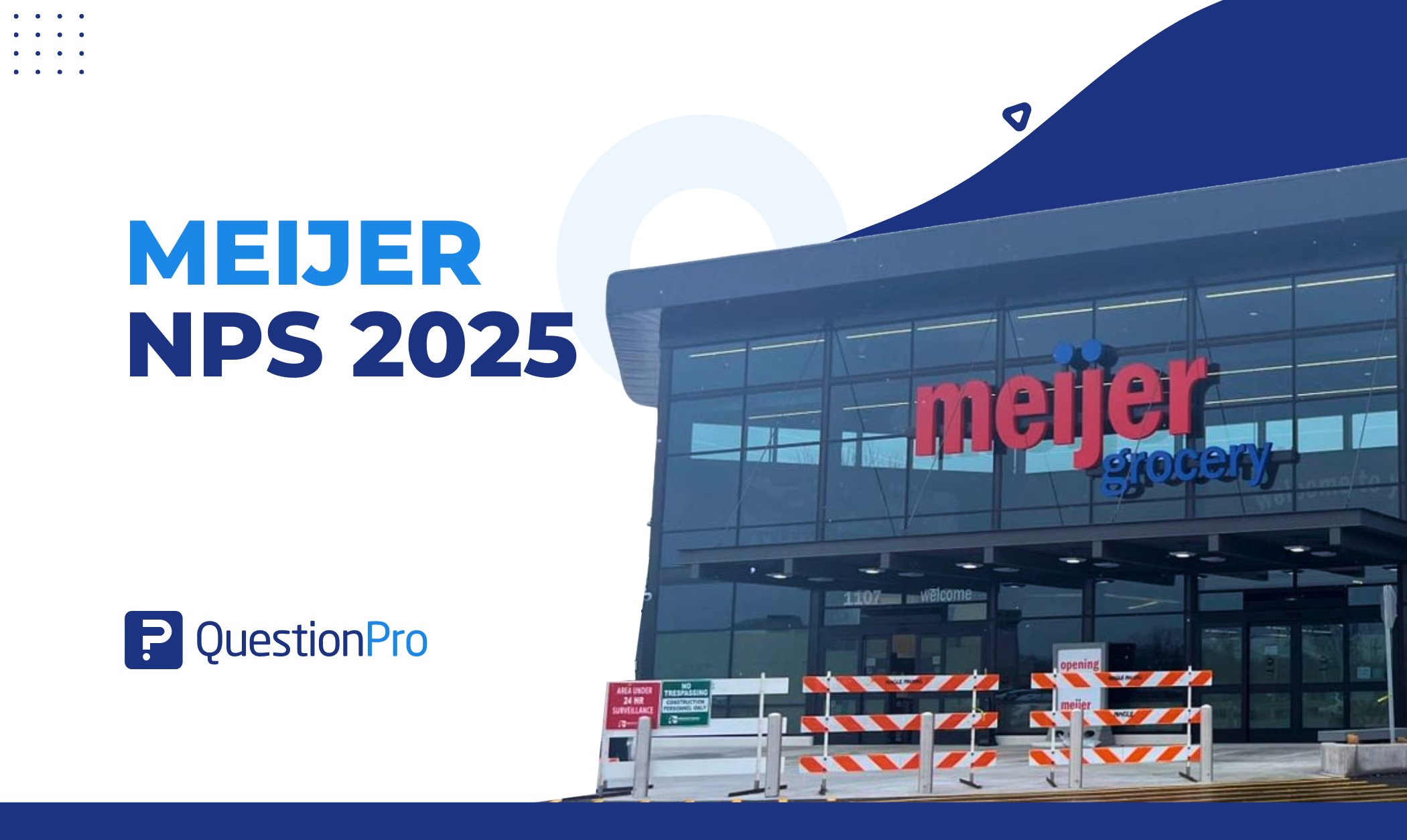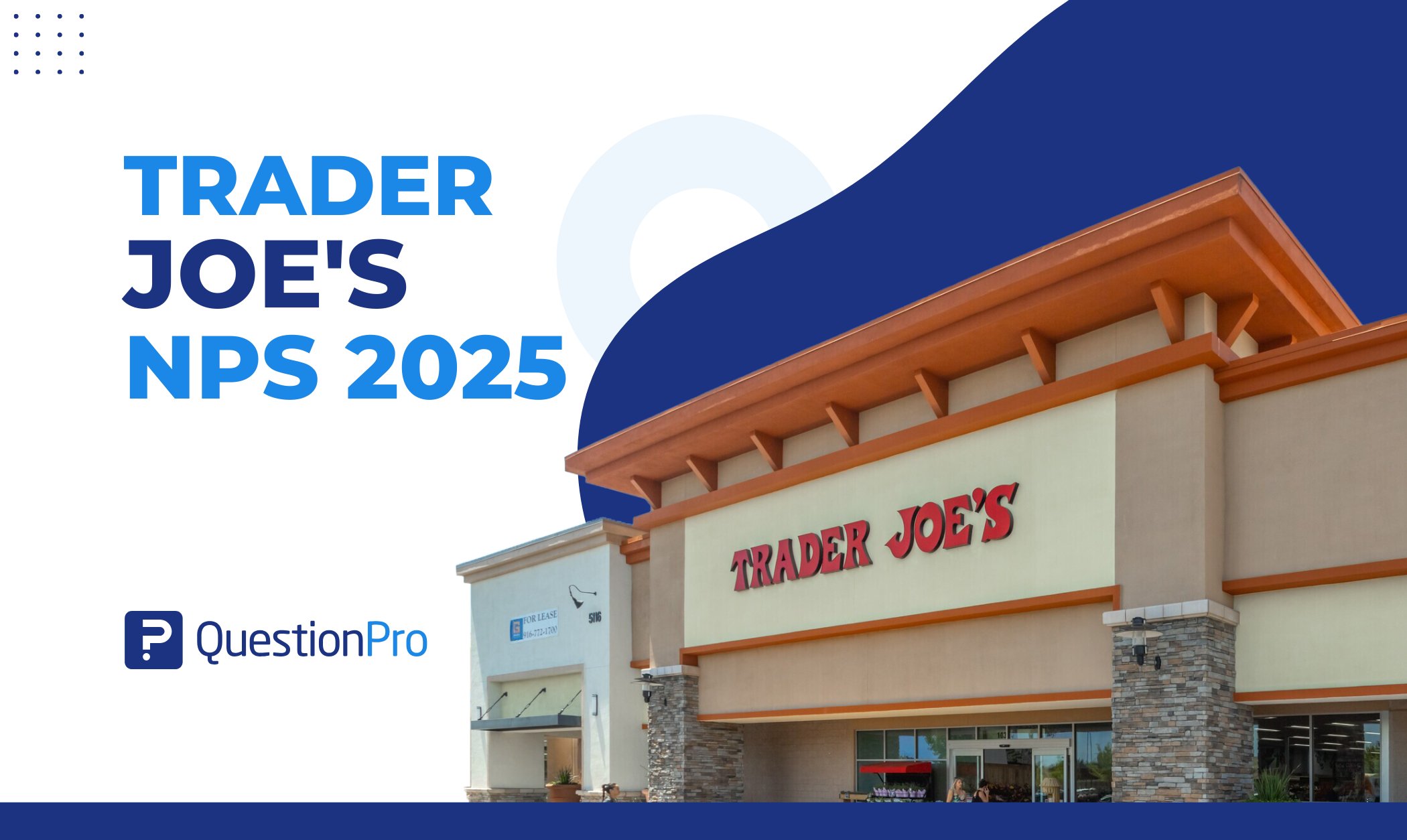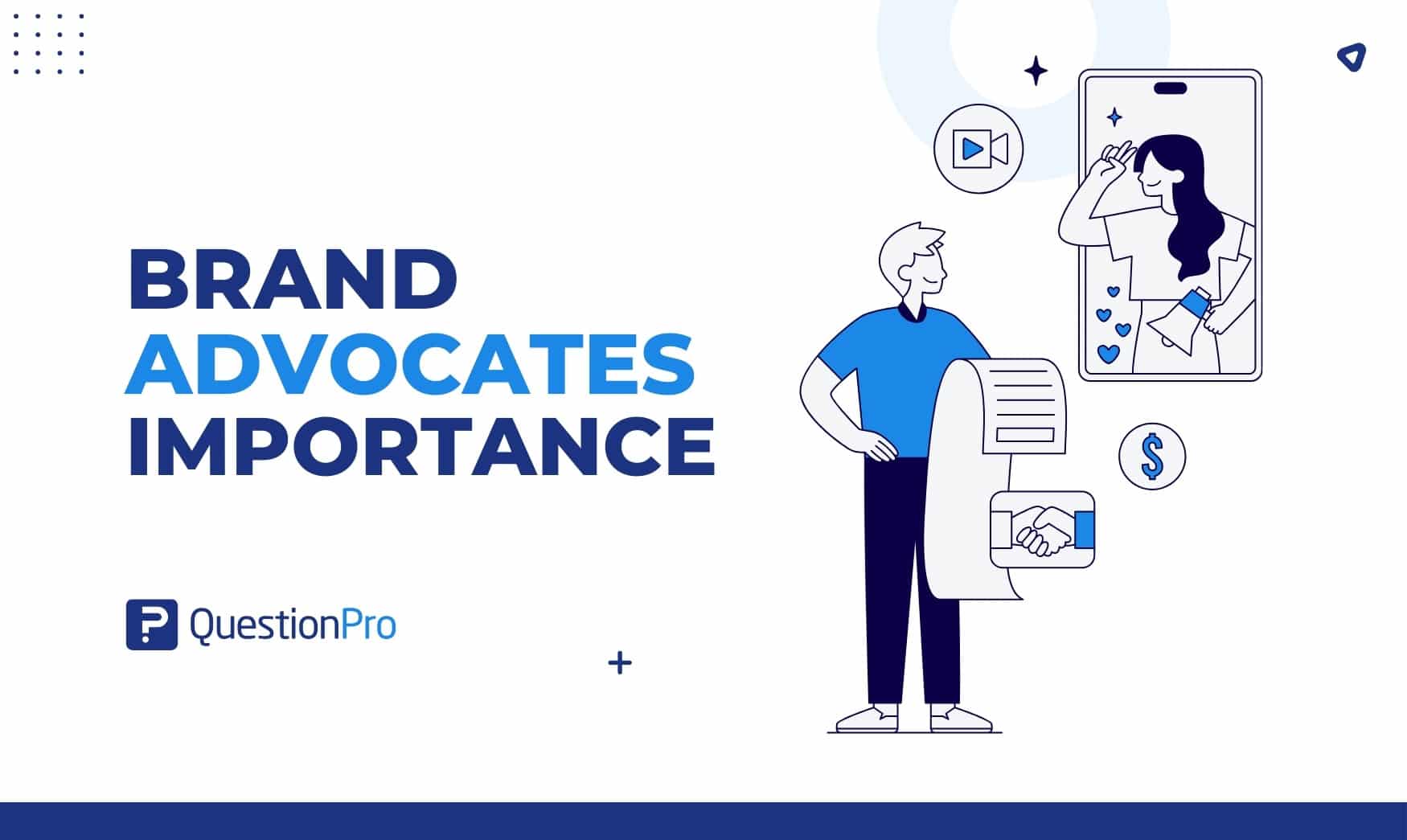
One of the biggest mistakes businesses make is not using their own customers to help them market. In this blog, we will learn about the brand advocates importance and the advantages we can obtain from them.
You are missing a great opportunity if you are not taking advantage of your brand advocates. Many B2B buyers rely less on marketing and expensive advertising strategies and seek peer reviews before purchasing.
Without a doubt, the advantages of brand advocates are great. It helps you actively promote your product or service. B2B buyers continue to ask their friends and colleagues for purchase recommendations.
Who is a brand advocate?
A brand advocate is someone who helps promote your company by participating in activities that boost the brand. There are four main groups of brand advocates:
- Clients and customers: It’s a powerful marketing strategy when your customers become brand advocates. People often trust recommendations from existing customers, making customer advocacy effective for gaining and keeping new customers.
- Employees: Employees play a crucial role in promoting your brand. They can be your top brand advocates as they are the most informed about your current products and services. Encouraging staff to participate in brand advocacy campaigns can help big companies reach a much larger audience.
- Business partners: Building strong alliances and affiliate programs can expand your customer base and increase brand awareness.
- Influencers: These are well-known personalities with a large following on various online platforms. Many companies use influencers to boost awareness and revenue.
While having all these groups as brand advocates would be ideal, it’s often challenging. Influencers can be expensive, and engaging customers in a successful brand advocacy program can be difficult.
However, employees are often considered the most effective brand advocates for both employer and corporate branding. Starting a small employee advocacy program can significantly improve business outcomes.
What is the key brand advocates importance?
Understanding and prioritizing brand advocacy is essential for several reasons, and as a business leader, here’s why you should care about it:
01. Cost-Effective Marketing
Brand advocates importance relies in the fact that are a low-cost or even free way to promote a brand. They share content enthusiastically through social media and word of mouth, which reaches a broad audience without spending on traditional advertising.
02 Authenticity and Trust
Advocates share because they truly love the brand or products, which creates authentic endorsements. This sincerity builds trust among potential customers, who often value real user recommendations more than regular ads.
03. Personal Motivation
Brand advocates share their positive experiences out of personal motivation without needing external rewards. Their genuine passion for the brand makes their endorsements more credible.
04. Impactful Positive Reviews
Advocates naturally contribute powerful positive reviews. It influences potential customers who rely on others’ experiences when deciding to make a purchase.
05. No Need for Incentives
While it’s good practice to show appreciation to advocates, they are not solely motivated by rewards. Their loyalty and love for the brand drive them to share, creating a sustainable and ongoing source of positive promotion.
How to convert satisfied customers into brand advocates?
Converting satisfied customers into brand advocates importance is due to a strategic process. Start by identifying customers who can be potential advocates and implement effective engagement and reward strategies. Here are the key steps:
Identifying Potential Advocates
To build brand support, it’s important to find potential advocates. Three types of customers are great choices:
01. Socially Active Clients: Socially active clients play a crucial role in brand advocacy initiatives by actively sharing your content on various platforms. To identify these customers:
- Monitor user communities, blogs, and social media for individuals sharing your content.
- Use social media monitoring tools to track brand mentions and engagement.
- Recognize those who actively discuss and distribute your marketing content.
02. Clients Who Solve Problems with Peers: Customers who actively solve problems within their community are powerful advocates. These clients often enjoy helping others make the most out of your product or service.
- Identify active community members who enjoy helping others with your product or service.
- Look for users engaged in problem-solving discussions on social networks and forums.
- Recognize their willingness to contribute and support fellow customers.
03. Customer References: Customer references are essential advocates who can speak for your company. When seeking customer references:
- Ask sales reps for recommendations on customers who are open to being references.
- Conduct satisfaction surveys to identify customers with positive feedback.
- Recognize those who have experience with your sales process and are willing to vouch for your business.
Encouraging Participation
Customer satisfaction surveys are important for understanding how happy customers are and encouraging their involvement. These surveys measure satisfaction and help find potential advocates among customers.
Recognizing satisfied customers through survey responses is a way to cultivate brand advocates who can positively promote your products or services. Using well-designed and short surveys is a useful way to boost customer engagement and identify people willing to support your brand.
- Keep the satisfaction surveys concise with 10 to 15 easy questions to encourage participation.
- Rotate questions among clients to gather valuable feedback.
- Use surveys to identify satisfied customers who may become advocates.
Rewards and Recognition
It’s important to think about rewards that can align to match the different preferences of brand advocates. When you personalize rewards according to each person’s preferences, it makes the connection between your brand and its advocates even stronger.
This could include customized product bundles, special insights into the industry, or personal interactions with important people in the company. Having choices like these makes the recognition program more attractive overall.
- Offer premium access to your product or service as a reward.
- Provide a sneak peek at upcoming product launches.
- Extend special invitations to meet with product managers or the CEO.
- Recognize excellence in the field with badges or awards.
- Express gratitude through personal, handwritten thank-you notes.
Appreciation in a B2B Environment
In the business-to-business (B2B) environment, identifying brand advocates importance involves understanding the complexities of professional connections. Beyond traditional rewards, offering benefits related to business can enhance advocacy. This may include collaborative opportunities, joint marketing efforts, or participation in industry events.
- Acknowledge the importance of reciprocity in building a strong advocate relationship.
- Show appreciation for their support by providing tangible benefits.
- Offer exclusive opportunities that enhance their experience with your brand.
Important Metrics for Measuring Advocacy Effectiveness
To determine the effectiveness of your brand advocacy programs, it’s crucial to establish clear goals and then track relevant metrics. Here are some common metrics that can help evaluate the effectiveness of your advocacy efforts:
- Likes, shares, impressions, hashtags, mentions, clicks, and comments.
- Conversion rates based on completed CTAs.
- The number of posts and actions by advocates.
- Online reviews and ratings.
- Identify where advocates are posting.
- Net Promoter Score (NPS).
- Tracking earned media from organic advocacy efforts.
- Employee conversion rate.
How to build and measure brand advocacy using QuestionPro?
QuestionPro is a comprehensive survey and research platform that helps businesses collect, analyze, and use data to make informed decisions. You can use this survey platform to understand and improve the significance of brand advocates in the following ways:
Customer Satisfaction Surveys
- Create Customized Surveys: QuestionPro allows businesses to design customized customer satisfaction surveys, enabling them to collect specific feedback about products, services, and overall experiences.
- Analyze Responses: The platform provides robust analytical tools to interpret survey responses. Businesses can identify satisfied customers, assess common pain points, and uncover areas for improvement.
Feedback Collection
- Versatile Feedback Forms: QuestionPro allows you to collect feedback across various touchpoints. Businesses can gather valuable insights after purchases, customer service interactions, or product usage.
- Real-time Feedback: Real-time feedback capabilities allow for immediate responses, enabling businesses to address concerns promptly and capitalize on positive experiences.
Advocate Identification
- Targeted Surveys: You can create specific surveys on QuestionPro to identify potential brand advocates. Questions can be designed to assess not only satisfaction but also the willingness of customers to advocate for the brand.
- Segmentation Capabilities: Utilize QuestionPro’s segmentation features to categorize respondents based on their likelihood to become advocates, streamlining the identification process.
Net Promoter Score (NPS)
- Integrated NPS Surveys: You can easily incorporate NPS surveys into your feedback strategy using QuestionPro. Measure customer loyalty through the classic “How likely are you to recommend us?” question.
- Benchmarking and Trends: QuestionPro provides tools to benchmark NPS scores against industry standards and track trends over time, which offers a comprehensive view of customer loyalty.
Market Research
- Comprehensive Market Surveys: QuestionPro allows you to conduct market research surveys that cover all aspects of the market to learn about trends, what customers like, and the competition.
- Data Visualization: You can use QuestionPro’s tools for visualizing data to turn survey results into practical insights. This helps make informed decisions and develop strategies that connect well with the target audience.
Employee Engagement
- Employee Engagement Surveys: You can use QuestionPro to create employee engagement surveys about how satisfied employees are with their workplace, how well they collaborate, and their overall experience.
- Anonymous Responses: Ensure anonymity for employees, encouraging honest feedback. Identify engaged and satisfied employees who may naturally become internal brand advocates.
Now that you know the importance of brand advocates, what are you waiting for? Start working on satisfying your customers to earn their loyalty. Remember that at QuestionPro, we have the necessary tools to measure customer satisfaction. Request a demo of our software now!




